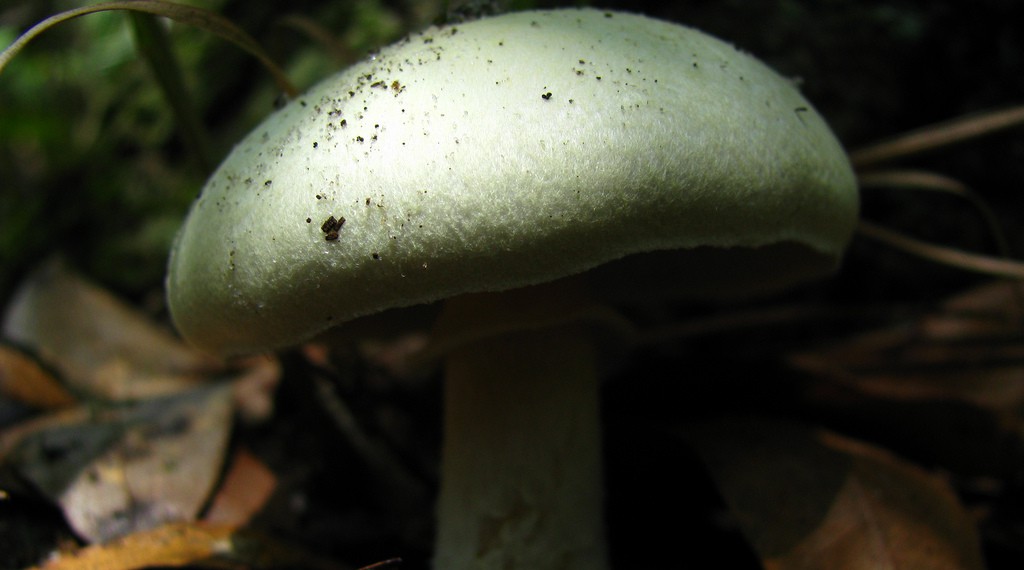Posts from the "Latest News" category
Resilient Organisations – helping New Zealand businesses bounce back
resorgs.org.nz: Resilient Organisations (ResOrgs) is a public good research programme based in New Zealand. We have been researching what makes organisations resilient to crises since 2004.
ResOrgs is a collaboration between top New Zealand research universities, particularly the University of Canterbury and the University of Auckland. We are funded by the Natural Hazards Platform and supported by a diverse group of industry partners and advisors.
We are a multi-disciplinary team of over 20 researchers, representing a synthesis of engineering, science and business leadership aimed at transforming organisations into those that both survive major events and thrive in the aftermath.
See resorgs.org.nz for further information.
Busting Food Furphies – Solving Food Safety Myths in National Food Science Week
18 August 2014
NSW Food Authority: The scientists of the NSW Food Authority are throwing on their lab coats [this] week in celebration of National Science Week 2014 (16 – 24 August), a time to focus the microscope on the important role that science plays in food safety and protecting people from food poisoning.
The #1 reason we bother with food safety? Because consumers demand it!, writes Richard Bennett
Consumers rank food safety at the supermarket as number 1. As suppliers, we often don’t give food safety the profile in our businesses that reflects this ranking, probably because we are focussed on price and quality. Consumers take a long time to forgive a food safety incident, which is why we must be so diligent to get food safety right.
Read Article →Agents of Foodborne Illness
Food Standards Australia & New Zealand: Agents of Foodborne Illness is a technical publication for the food industry, food safety consultants and food regulators. It contains information about pathogens that cause foodborne illness including:
· growth and survival characteristics
· symptoms of disease
· virulence factors
Australasia stays ahead of the curve on fresh produce safety
MEDIA RELEASE
The Australian and New Zealand fresh produce industries joined together on the 11 August 2014 to take proactive steps to further protect this region’s well-earned reputation for producing safe, quality food by committing to a new centre dedicated to investigating and promoting the safety of the fruit and vegetables we eat and export.
Over 120 representatives of the fresh produce industry, regulators and academics attended the launch of the Fresh Produce Safety Centre at a conference at the University of Sydney on 11 August 2014.
The Fresh Produce Safety Conference also explored latest advances in fresh produce research in Australia and New Zealand, and how to extend research findings to those who need to know.
Timothy York, of US-based Markon Cooperative Inc, told conference delegates how the US fresh produce industry joined together to form the Center for Produce Safety in the US in 2008, in response to a food safety issue in leafy greens in the US in 2006.
Death cap mushrooms – the industry is prepared for a perennial tragedy, writes Richard Bennett
With another four Canberra (Australian Capital Territory) residents struck down with poisoning from death cap mushrooms in April, the industry has the right to be nervous.
Read Article →NZ Food Act Implementation Meeting
Horticulture New Zealand: Last week HortNZ CEO Peter Silcock and Pipfruit NZ’s Gary Jones attended a NZ Ministry for Primary Industries (MPI) meeting of food and beverage companies, industry organisations and Territorial Authority to discuss issues around the implementation of the new Food Act.
The key messages we gave the officials and authorities were:
• Work with horticulture industry groups to better understand horticultural needs.
• Recognise the existing 3rd party audited industry assurance programmes as meeting the Food Act requirements.
• Ensure any auditing, verification or enforcement activity is undertaken by appropriately qualified and experienced people. Inspecting a fresh produce packhouse is very different from inspecting a sandwich bar or a dairy factory!
Read other news from Horticulture New Zealand
2013 USA multistate outbreak of hepatitis A infection linked to pomegranate seeds from Turkey
In 2013, an outbreak of hepatitis A made 162 people in 10 states sick after they ate a berry blend product purchased at a national chain store.
CDC detected the outbreak on May 15. Scientists promptly applied whole genome sequencing and other advanced analytic methods to establish that not only were the infecting strains identical, but also belonged to an unusual hepatitis A virus genotype that is rare in the United States.
CDC completed its analysis within a week of receiving samples from the first 20 cases. This automated technology proved to be quicker, simpler and more sensitive than if the samples had been processed by previous methods. As the outbreak spread, other cases also were found to be infected by the same viral strain.
Advanced molecular detection helped CDC and the U.S. Food and Drug Administration (FDA) link this specific strain of the virus with the outbreak investigation data to identify quickly a shipment of pomegranate seeds from Turkey as the source of the outbreak.
To read the full article, please click here.
Source: http://www.cdc.gov.
Image credit: Pomegranite by Ken Jarvis 2011 (Some rights reserved, CC BY-SA 2.0)
European Commission sets new MRL levels for two disinfectants
The European Commission (EC) has lowered the maximum residue levels (MRLs) for two disinfectants used in the food industry, with the new regulation due to enter into force next year. As a result, the fresh produce trade may need to adjust its current usage practices or explore the use of alternative products.
Read Article →


